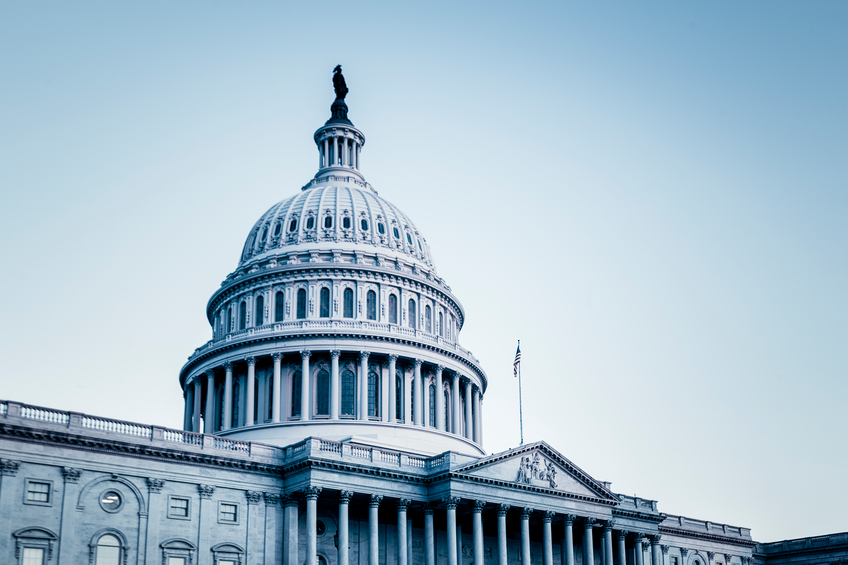As the world becomes more closely entwined through trade and commerce, the United States has redoubled its efforts to fight corruption abroad. In today’s global economy, corrupt foreign business deals affect the quality of all kinds of goods and services. This whistleblowing program protects the functionality and integrity of international commerce and the American reputation worldwide.
FCPA Protections and Rewards
Because the FCPA is a law without an administering federal organization of its own behind it, it cannot be considered a full-fledged whistleblower program. However, it is jointly enforced by two main organizations: the Securities and Exchange Commission (SEC) and the U.S. Department of Justice. Because of this, the qui tam relators’ provisions that normally apply to any other program, including the rewards and protections are determined by the SEC Whistleblower Program.
 Protections
Protections
Relators can report fraud anonymously by hiring an attorney to represent them and are legally protected from any form of retaliation from their employers.
Rewards
An individual whose claim is successful is eligible for a percentage between 10% and 30% of the total amount recovered by the authorities after conducting the investigation.
Fraud Examples Covered By the Foreign Corrupt Practices Act
The Foreign Corrupt Practices Act prohibits a U.S. company to bribe a foreign official or anyone who works for a government in an official capacity. Since these definitions are quite broad, there are several types of fraudulent schemes that violate this law.
Improper accounting and record keeping
Many corporations will often attempt to conceal bribes or other forms of illegal payments by manipulating their internal records. This unlawful practice violates the FCPA no matter whether the record-keeping manipulation occurred abroad or domestically.
Bribing or providing kickbacks to foreign officials
Providing either monetary or non-monetary kickbacks is an illegal practice that falls under this law’s jurisdiction. Anything that can be considered valuable to the recipient qualifies as a potential violation of the FCPA. These gifts can be material items, such as cars or jewelry, as well as vacations or preferential treatment for company jobs. Professionals in any industry can be considered officials if they are employed by a national government, such as doctors at public hospitals or managers of state-owned power plants.
Prominent FCPA Cases
In December 2008, the German automation technology giant Siemens settled with the DOJ for $800 million over charges that it consistently violated the law over a 20 year period. The company paid hundreds of millions of dollars in bribes to overseas entities around the globe. This remains the largest FCPA settlement to date.
In February 2009 Halliburton/KBR was fined $402 million dollars for paying $182 million worth of kickbacks to Nigerian officials between 1995 and 2004 to secure the construction of natural gas facilities.
In March 2010, the defense contractor BAE Systems paid a $400 million fine and pled guilty to illegally selling weapons abroad. BAES facilitated these sales by bribing unnamed “marketing advisors” through Caribbean shell companies.
Report Foreign Corrupt Practices Fraud
The FCPA does not require whistleblowers to be U.S. citizens: anyone who has privileged information about corrupt business practices is eligible to blow the whistle. These cases, however, often fall under both U.S. law and the laws of the foreign company’s country of origin, quickly becoming a complex web of legal considerations. If you or someone you know are aware of any ongoing illegal scheme, you should contact one of our attorneys immediately.
If you are unsure whether you have an FCPA case, contact us for a free & confidential consultation. Get in touch with an expert lawyer and do your duty to assist the American justice today. File a form or call at 1-800-681-3228
Foreign Corrupt Practices Act Whistleblower Rewards Program
In 1977 Congress passed the Foreign Corrupt Practices Act, 15 U.S.C. §§ 78dd-1 et seq. (“F.C.P.A.”), making it unlawful to make payments to foreign government officials to get or keep business. The Securities Exchange Commission (S.E.C.) and the Department of Justice are jointly responsible for enforcing the statute. Two types of companies are subject to the F.C.P.A.: those with formal ties to the United States, such as registration with the S.E.C., and those who take actions the F.C.P.A. prohibits in the United States. The F.C.P.A. imposes specific accounting requirements on companies with securities listed in the United States. This is to meet certain accounting standards intended to ensure that transactions that could be considered bribes to foreign officials are properly recorded. Of course, the primary thrust of the statute was to make such bribery illegal. There are five elements, or components, that make up a violation of the F.C.P.A.’s anti-bribery prohibition:
1) There must be a payment, offer to pay, authorization to pay, or promise to pay money or anything of value,
2) to a foreign government official or to someone who the briber knows will pass it on to such an official,
3) with a corrupt motive,
4) to induce that official to do or fail to do some action in violation of the official’s lawful duty or to use their influence to influence an official decision or to secure an improper advantage otherwise,
5) to get or keep business.
Notably, only payments to actual foreign officials, or payments intended to be passed on to such an official, are forbidden by the F.C.P.A. It does not speak to what is often referred to as commercial bribery, where payments are made by a business to someone at another business to secure some sort of advantage.

